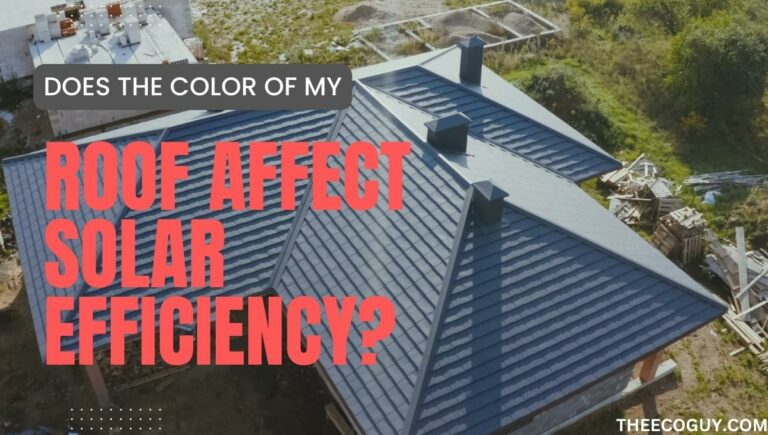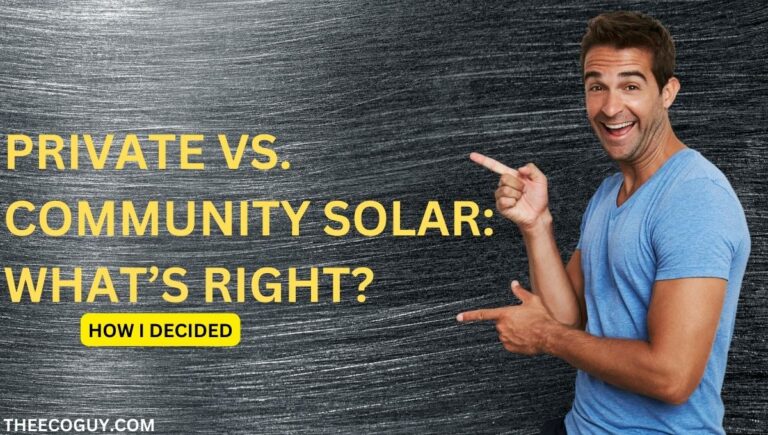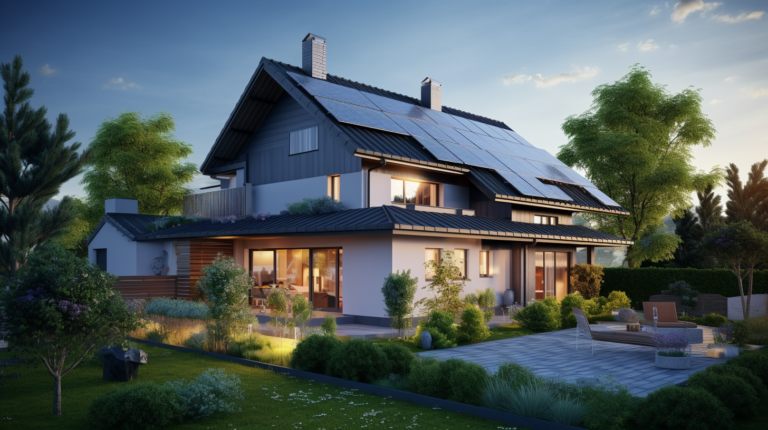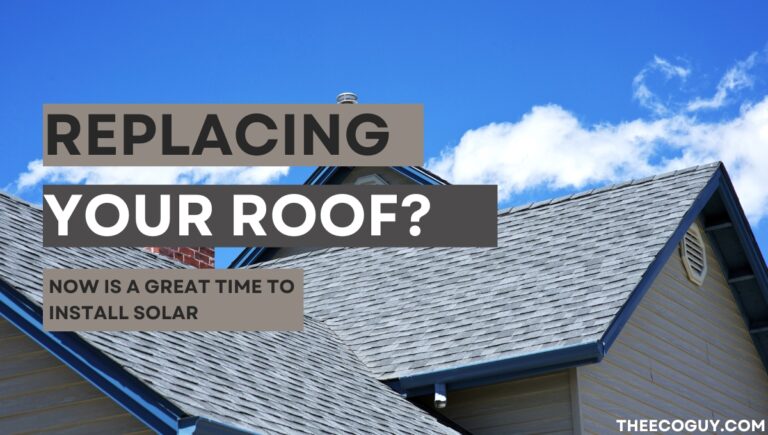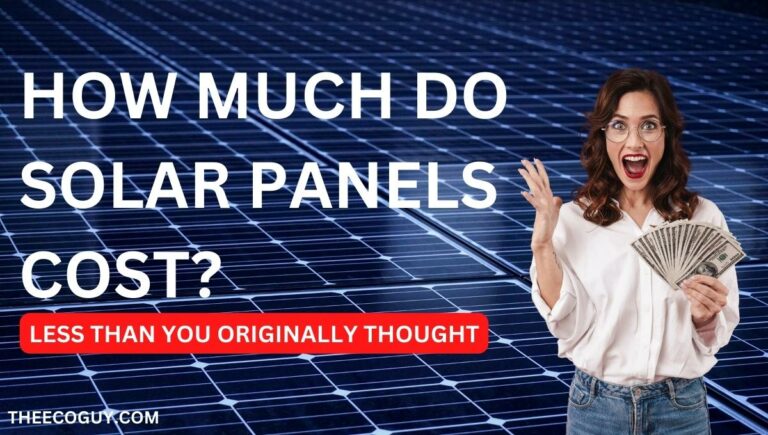Is Home Solar Right for You? (Find Out Now)
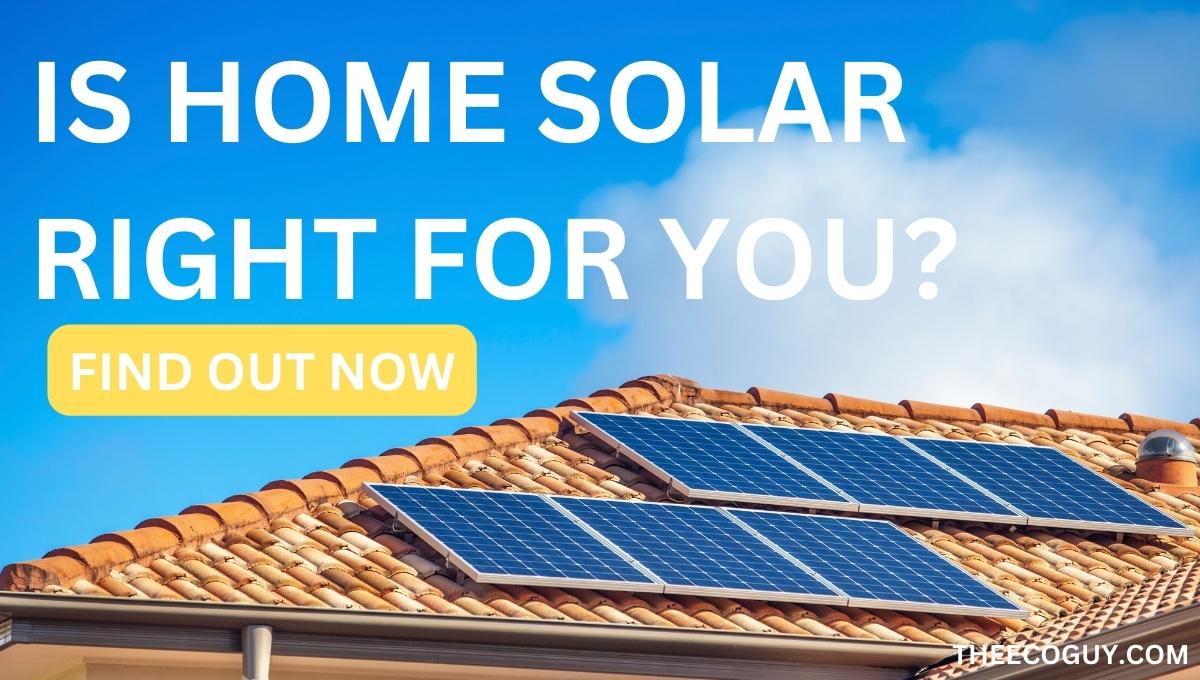
Are you tired of paying increasing electricity bills? If so, there is good news – you now have the opportunity to save money on your energy costs!
As the cost of solar energy continues to decline, homeowners around the world are now contemplating whether or not home solar is a suitable fit for them. Is it right for you?
If you’re a homeowner who’s dealing with expensive energy bills and have sufficient roof space, then home solar may be the perfect solution for you. With this innovative technology, you’ll get affordable electricity and save money in no time!
This blog post tells you how you can figure out if having solar energy at your home would work for you. It also has some practical things that you should think about before making a decision.
Do I Need to Own My House to Have Solar?
The simple answer is no. You don’t need to own your home in order to have solar power. In fact, renting can give you more freedom and flexibility when it comes to installing a system and taking advantage of incentives.
Homeowners may have restrictions on the appearance of their property due to homeowner association (HOA) rules, while renters may be able to install solar panels more easily.
Can I Install Solar if I Live in an HOA?
Yes, but it is important to check with your HOA before starting the installation process. Many HOAs have rules and restrictions, so make sure you understand what those are before installing a solar panel system.
Some HOA have an Architecture Review Board (ARB) that reviews solar panel system applications, so make sure you understand the process and any required documents before moving forward.
Your HOA may fine you if you install a system without informing them first, so be sure to get all the necessary paperwork in order.
How Do I Install Solar if I’m a Renter?
For renters, you can install solar panels on your roof or property with the permission of your landlord. Before doing this, review any existing lease agreements and discuss the possibility with your landlord.
Consider drafting a rental agreement that outlines all details regarding the installation, use, and maintenance of the system, as well as who will be responsible for paying associated costs, such as panel maintenance, utilities, and repairs.
Also, keep in mind that if you move out, you may need to move the system with you or pay an additional fee.
Is My Home a Good Fit For Solar?
The size, age, and layout of your home are all factors that can influence the success of your system. To get the most out of your solar panel installation, you should have an unobstructed or partially obstructed southern-facing roof with adequate space for the number of panels you want to install.
Your roof should also be free from shade from nearby trees or buildings, and in good condition. If your home has a flat roof, solar panel installation is still possible but it may not be as cost-effective due to the additional work required.
Does My Location Affect My Solar Production?
The location of your solar array is an important factor in determining its production level. For optimal energy output, it’s essential to place the panels in a sunny spot with minimal shade.
Additionally, regions with more sunlight and higher average temperature have the potential to generate more electricity than those areas with cooler temperatures and less sun exposure.
Does the Direction of My Roof Affect My Solar Production?
Yes. Solar panels need to be facing south in order to capture the most sunlight and generate the most electricity. Additionally, you may want to adjust the angle of your panels depending on your location – a steeper angle will yield more energy in areas with long summer days while a shallower angle is better for places with shorter days.
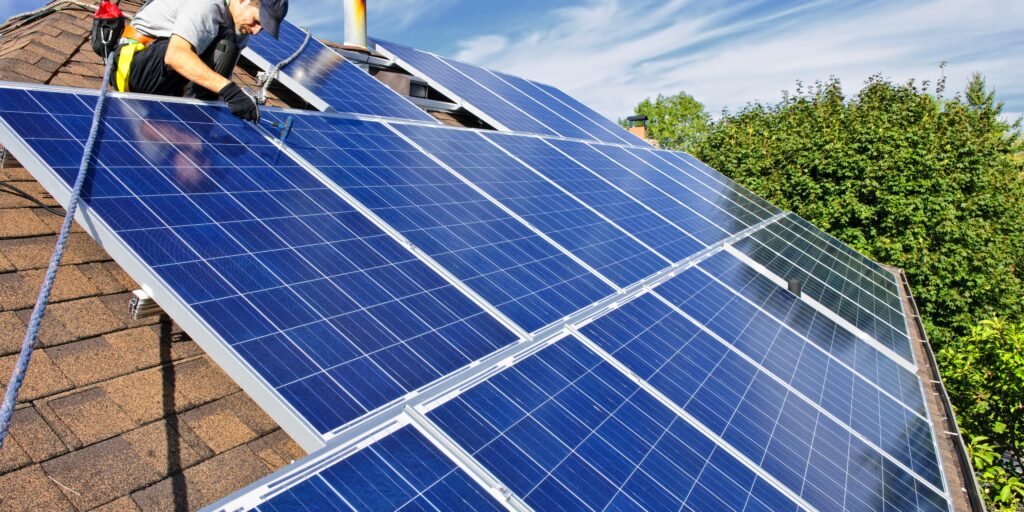
Does the Weather Affect Solar?
Weather absolutely can have an impact on the efficiency of your solar panel system. If you live in a region with high precipitation and cloudy weather, it’s important to be aware that this could decrease the amount of energy produced by your panels.
On the other hand, living in a sunny area with lots of clear days will increase the power output of your system.
Do I Need to Worry About Maintenance?
Solar systems require very little maintenance and their performance is largely unaffected by weather conditions or temperature swings. Solar panels should be inspected every few years for debris, dirt, or other materials that could block the sun’s rays from reaching the cells.
You may also need to periodically check your wiring and connections for any damage or possible corrosion.
How Much Electricity Does Solar Produce?
The amount of energy produced by your solar panel system varies depending on the size and location of the panels, as well as the weather. Generally speaking, a 5 kW solar system in an area with plenty of sun will produce 7,000 – 8,000 kWh per year. This is equivalent to reducing 15 tons of carbon dioxide emissions over 25 years.
Will Solar Produce Enough for My Usage?
Yes, if you have a high energy demand, solar can provide enough energy to cover your needs. The amount of electricity generated by a solar system depends on the size and location of the panels as well as the weather. A 5 kW system in an area with plenty of sun will produce 7,000 – 8,000 kWh per year, which is more than enough to power an average-sized home.
Additionally, most solar systems come with the option to be connected to the grid for backup power during peak usage times or when your system isn’t generating enough electricity.
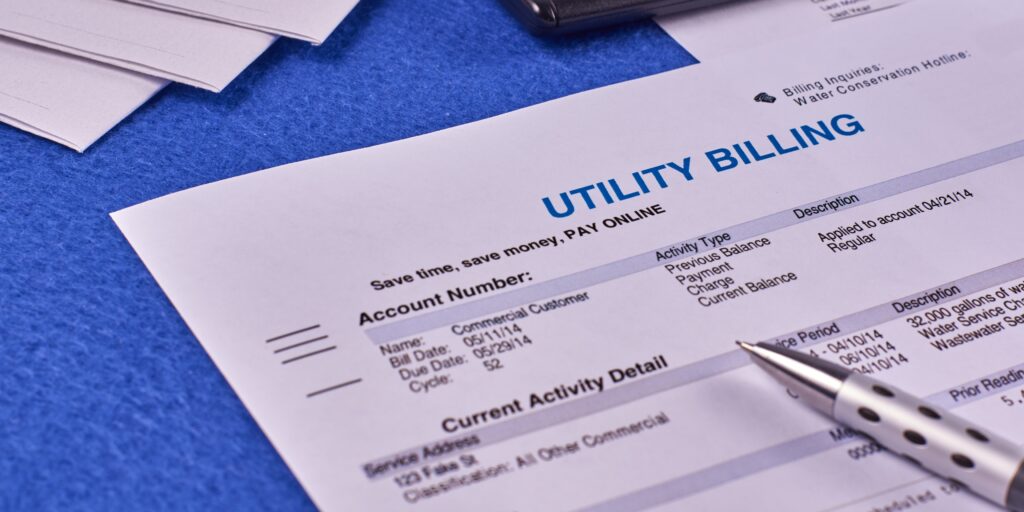
Will Solar Decrease My Electricity Bill?
Yes! Installing a solar system can significantly reduce your energy costs. Depending on the size of the system and its production level, you could save up to 50% or more on your monthly electricity bill.
Additionally, most states and local governments offer incentives such as tax credits and rebates that make installing solar even more affordable. On average, solar installations typically pay for themselves in 5-10 years.
Do Solar Panels Impact My Home’s Value?
Yes, installing solar panels can increase the value of your home. According to a recent survey from Zillow, homes with solar installations sell for an average of 4.1% more than homes without solar.
Additionally, buyers are often willing to pay a premium for homes with solar installations as they can save money on their energy bills right away.
How Much Does Solar Cost?
The cost of solar installations varies depending on the type, size, and location of your system. The average price for a 5 kW system is between $12,000-$15,000 before incentives and rebates.
After taking advantage of available incentives and financing options, most homeowners can expect to pay much less than that.
In some cases, the savings from energy bill reductions can be enough to cover the cost of the system in full.
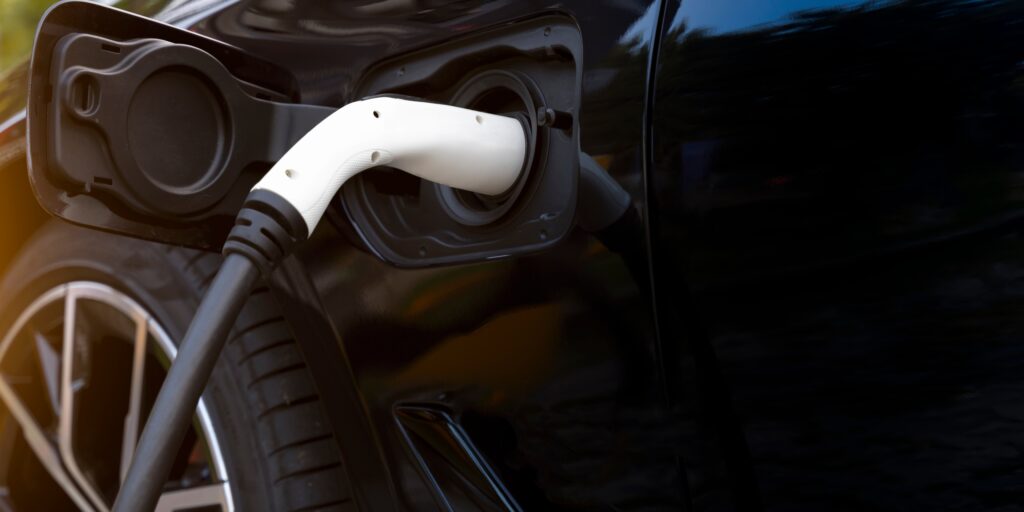
What if I Own an Electric Vehicle?
If you own an electric vehicle, solar is the perfect way to power it. Most electric vehicles require about 3-4 kW of energy for a full charge, and a solar system can easily provide enough electricity for multiple vehicles.
Additionally, most states allow you to use any excess electricity generated from your solar array to charge your vehicle, which means you could power your vehicle for free using the sun’s energy.
Can I Install Solar Myself?
No, we do not recommend installing solar panels yourself as it is a complicated and potentially dangerous job that requires specialized training and equipment. We suggest working with a qualified and experienced professional to ensure your system is installed properly and safely.
Moreover, by working with a professional, you can also take advantage of the incentives and rebates available to homeowners who install solar systems.
How Long Does It Take To Install Solar?
The amount of time it takes to install a solar system depends on the size and complexity of the system. Generally speaking, most installations take between 1-3 days to complete.
Additionally, some states may require additional permitting or inspections that can increase the amount of time needed for installation.
Once your solar panels are installed and ready to go, you’ll be able to start saving on your energy bills right away. With the help of available incentives and rebates, you could even end up making money off your solar system in the long run.
So if you’re considering going solar, it’s important to consider all of your options and find out if solar is right for you.
Do I Need to Coordinate With My Utility Provider When Installing Solar?
Yes, you should always coordinate with your utility provider before installing any solar system. Most states have laws in place that require you to submit an application for net metering or other incentives when you install a solar system.
Additionally, some utilities may require additional paperwork or fees in order to connect your system to the grid. It’s important to understand all of the requirements and regulations before starting your installation.

Are There Any Incentives Available For Installing Solar?
Yes, most states offer various incentives and rebates for homeowners who install solar systems. These incentives can vary from state to state and depend on the size of your system as well as other criteria.
Additionally, many utilities also offer additional incentives or discounts that can help lower the cost of your installation even further. Your state may also have tax credits available to help offset the cost of your system.
It’s important to do some research and find out what incentives are available in your area.
Wrapping It Up
Going solar can be a great way to save money and help the environment, but it’s important to ensure you’re a good fit for solar. By understanding all of the requirements, regulations, and incentives available in your area, you can determine if going solar is right for you.
With the help of a qualified professional and the available incentives, you could be on your way to a more sustainable and affordable energy solution.

